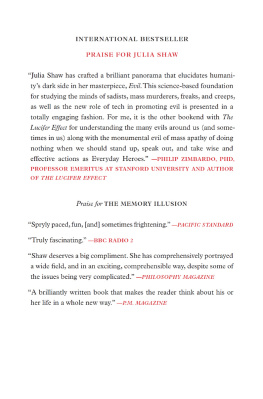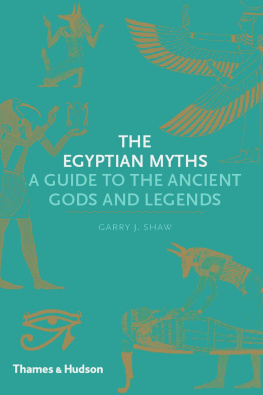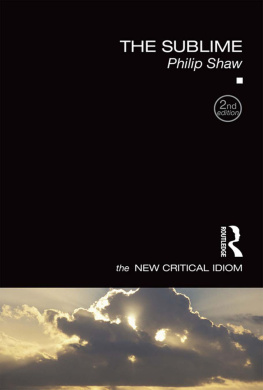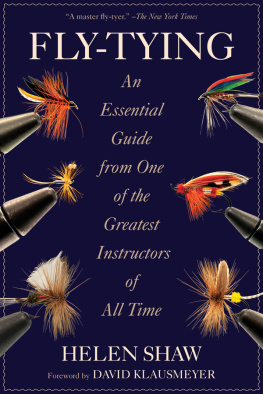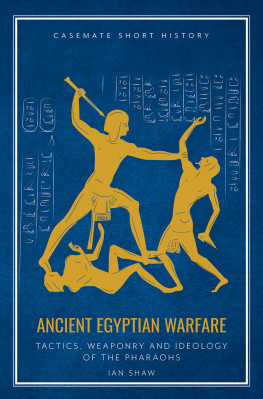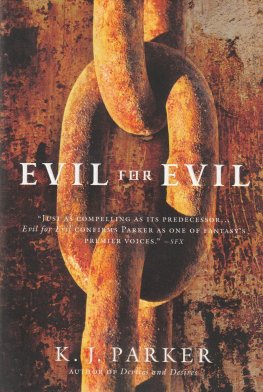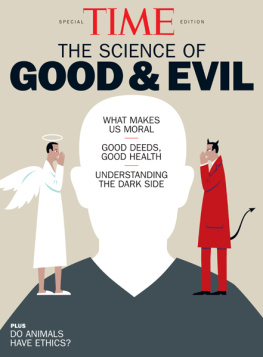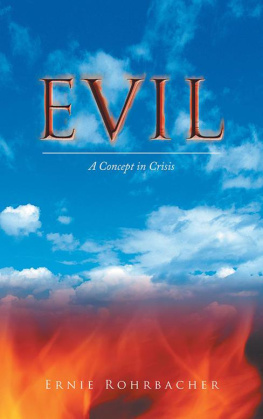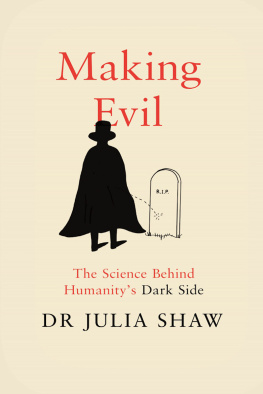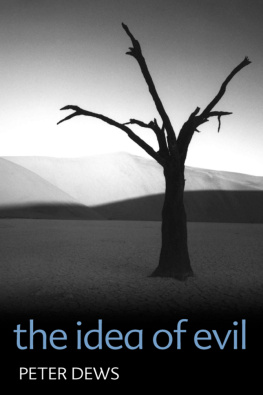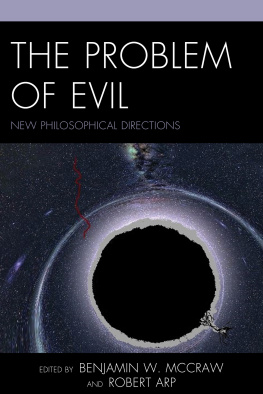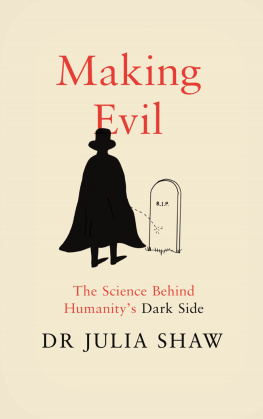Also by Julia Shaw
The Memory Illusion

Copyright 2019 Julia Shaw
Cover 2019 Abrams
Published in 2019 by Abrams Press, an imprint of ABRAMS. All rights reserved. No portion of this book may be reproduced, stored in a retrieval system, or transmitted in any form or by any means, mechanical, electronic, photocopying, recording, or otherwise, without written permission from the publisher.
Library of Congress Control Number: 2017949741
ISBN: 978-1-4197-2949-2
eISBN: 978-1-68335-208-2
Abrams books are available at special discounts when purchased in quantity for premiums and promotions as well as fundraising or educational use. Special editions can also be created to specification. For details, contact specialsales@abramsbooks.com or the address below.
Abrams Press is a registered trademark of Harry N. Abrams, Inc.

ABRAMS The Art of Books
195 Broadway, New York, NY 10007
abramsbooks.com
To the insatiably curious
He who fights with monsters should look to it that he himself does not become a monster.
Friedrich Nietzsche,
Beyond Good and Evil
INTRODUCTION:
THE HUNGER
The famous nineteenth-century German philosopher Friedrich Nietzsche wrote in 1881: Bse denken heit bse machen thinking evil means making evil.
This book explores some of the science behind this sentiment, ranging across a spectrum of concepts and notions that are often associated with the word evil. It is a study of human hypocrisy, the absurdity of evil, ordinary madness and empathy. I hope to challenge you to rethink and reshape what it means to be bad.
Over the past thirteen years, as a student, lecturer and researcher, I have enjoyed discussing the science of evil with anyone who is willing to listen. What I like most is destroying the fundamental conceptualisations of good and evil as black and white, replacing them with nuance and scientific insight. I want us all to have a more informed way of discussing behaviour that at first we feel we cannot, and should not, begin to understand. Without understanding, we risk dehumanising others, writing off human beings simply because we dont comprehend them. We can, we must, try to understand that which we have labelled evil.
Lets start by doing an evil empathy exercise. Think about the worst thing you have ever done. Something that you are probably ashamed of, and that you know would make other people think less of you. Infidelity. Theft. Lying. Now imagine that everyone knew about it. Judged you for it. Constantly called you names arising from it. How would that feel?
We would hate for the world to forever judge us based on the acts we most regret. Yet this is what we do to others every day. For our own decisions we see the nuances, the circumstances, the difficulties. For others we often just see the outcome of their decisions. This leads us to define human beings, in all their complexity, by a single heinous term. Murderer. Rapist. Thief. Liar. Psychopath. Paedophile.
These are labels bestowed on others, based on our perception of who they must be, given their behaviour. A single word intended to summarise someones true character and to disparage it, to communicate to others that this person cannot be trusted. This person is harmful. This person is not really a person at all rather some sort of horrible aberration. An aberration with whom we should not try to empathise because they are so hopelessly bad that we will never be able to understand them. Such people are beyond understanding, beyond saving, evil.
But who are they? Perhaps understanding that every single one of us frequently thinks and does things that others view as despicable will help us to understand the very essence of what we call evil. I can guarantee that someone in the world thinks you are evil. Do you eat meat? Do you work in banking? Do you have a child out of wedlock? You will find that things that seem normal to you dont seem normal to others, and might even be utterly reprehensible. Perhaps we are all evil. Or, perhaps none of us are.
As a society, we talk about evil a lot, and yet we dont really talk about it at all. Every day we hear of the latest human atrocities, and superficially engage with constant news chatter that makes us feel like humanity is surely doomed. As journalists often say, if it bleeds it leads. Concepts that elicit strong emotions are distilled into attention-grabbing headlines for newspapers and shoved into our social-media feeds. Seen before we get to breakfast and forgotten by lunchtime, our consumption of reports of evil is phenomenal.
Our hunger for violence in particular seems greater now than it ever has. In a study published in 2013 by psychological scientist Brad Bushman and his colleagues which examined violence in movies, they found that violence in films has more than doubled since 1950, and that gun violence in PG-13 films [12A] has increased to the point where it recently exceeded the rate in R-rated films [15]. Movies are becoming more violent, even those which are specifically for children to watch. More than ever, stories of violence and severe human suffering permeate our daily routine.
What does this do to us? It distorts our understanding of the prevalence of crime, making us think crime is more common than it actually is. It impacts who we label evil. It changes our notions of justice.
At this point I want to manage your expectations regarding what this book is about. This is not a book that dives deep into individual cases. Whole books have been dedicated to specific people who are often referred to as evil like Jon Venables, the youngest person ever to be convicted of murder in the UK and labeled by the tabloids as Born Evil, or serial killer Ted Bundy in the US, or the Ken and Barbie killers, Paul Bernardo and Karla Homolka, in Canada. These are fascinating cases, no doubt, but this book is not really about them. It is about you. I want you to understand your own thoughts and proclivities more than I want to pick apart specific examples of other peoples transgressions.
This is also not a philosophical book, a religious book, or a book about morality. It is a book that tries to help us understand why we do terrible things to one another, not whether these things should happen or what the appropriate punishments for them are. It is a book filled with experiments and theories, a book that tries to turn our attention to science for answers. It tries to break down the concept of evil into many pieces, and to pick up each one to examine it individually.
This is also not a comprehensive book about evil. A lifetime would be insufficient for such a task. You may be disappointed to learn that I will spend almost no time discussing crucial issues like genocide, abuse of children in care, children who commit crime, election fraud, treachery, incest, drugs, gangs or war. If you want to learn about such issues, there are many books out there for you, but this isnt one of them. This is a book that seeks to expand on the currently available literature and bring in the unexpected. This book provides an overview of important and diverse topics related to the concept of evil that I think are fascinating, important, and often overlooked.
MONSTER HUNTING
Before we slip into the science of evil, let me explain who I am and why you can trust me to walk with you through your nightmares.
I come from a world where people hunt monsters. Where police officers, prosecutors and the public collectively take their pitchforks and search for murderers and rapists. They hunt because they want to maintain the fabric of society, to punish those who are perceived to have done wrong. The problem is that these monsters sometimes dont actually exist.
Next page
